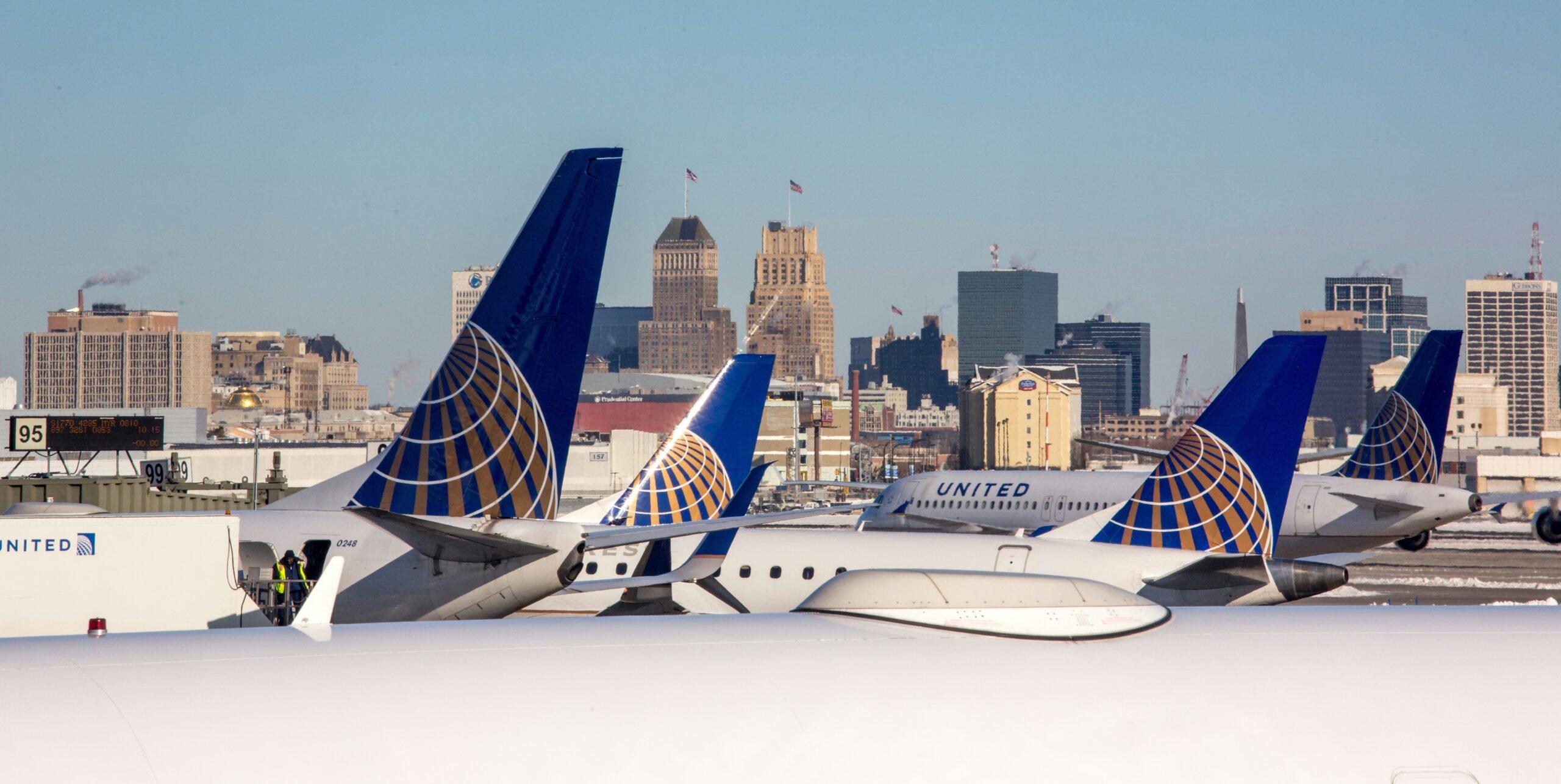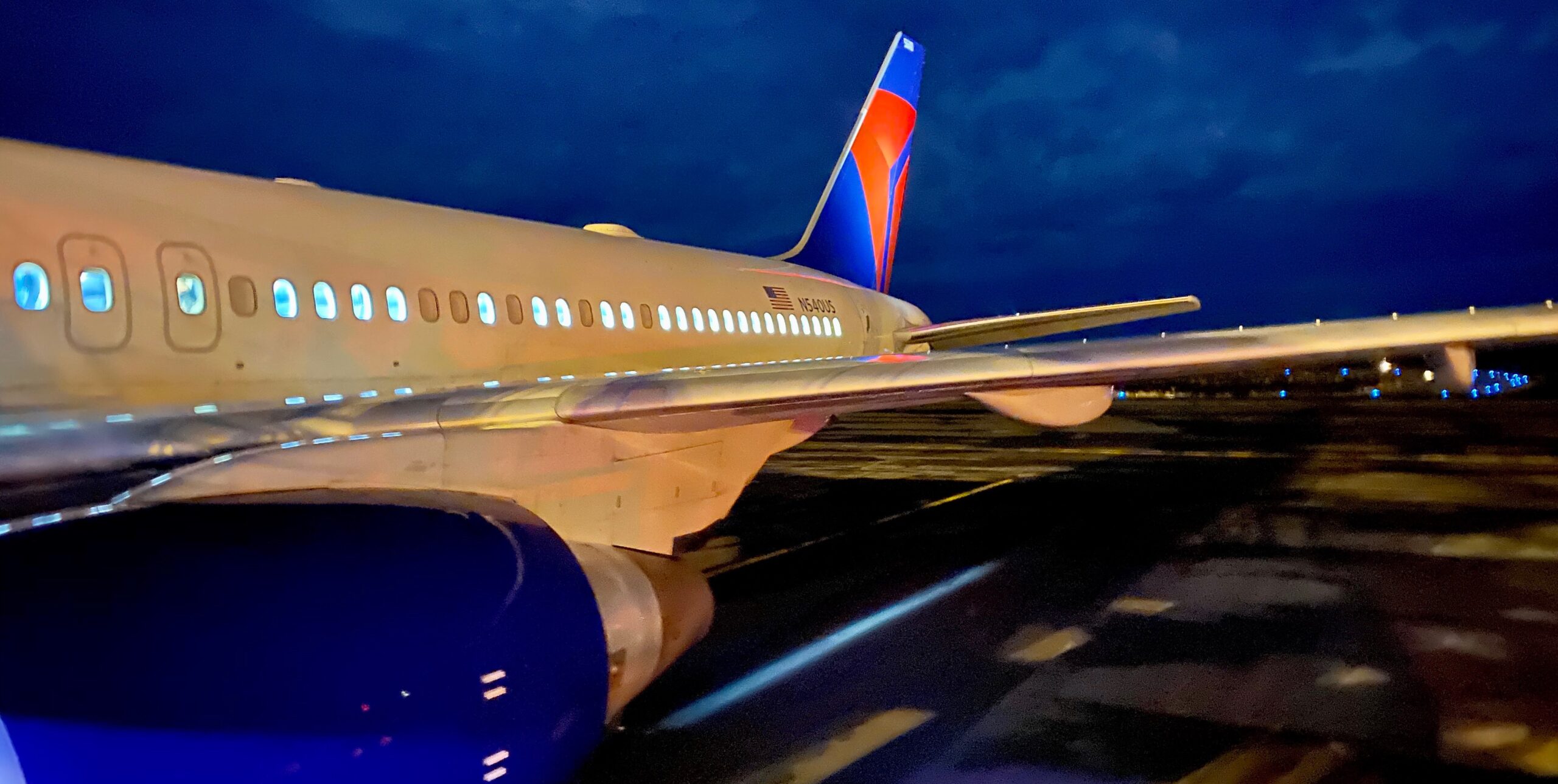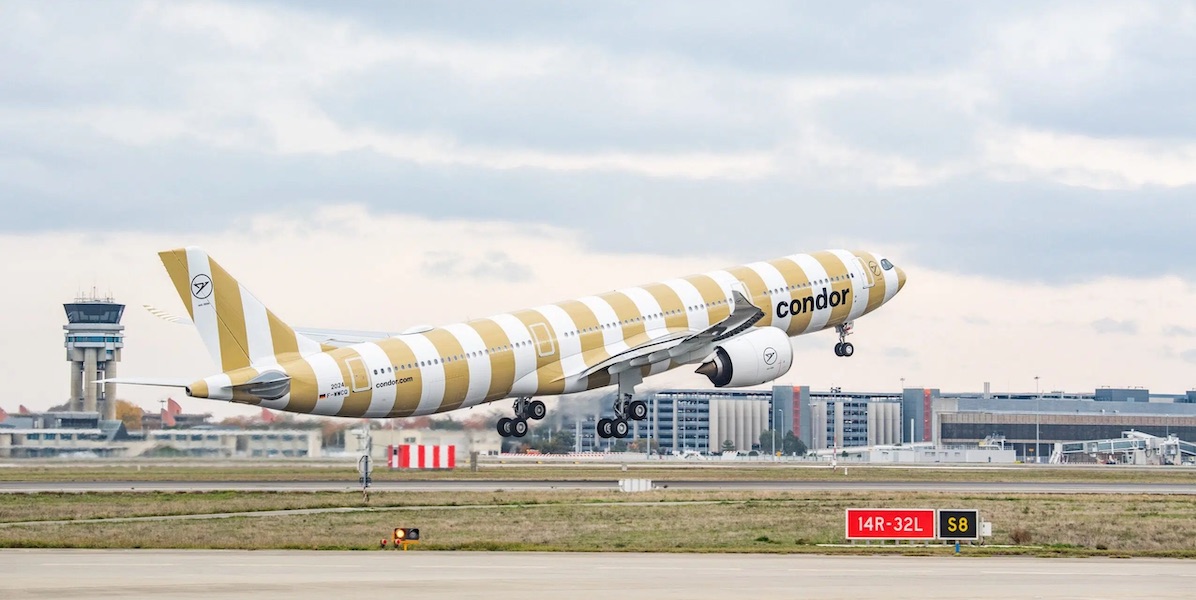What the heck is going on at Newark (EWR), travelers?
According to data from FlightAware, roughly 150 flights a day on average been canceled in and out of the airport since Sunday. Pulling data back to late April, aviation analytics company Cirium showed that 39 flights a day have been canceled – up from the April norm of just four cancellations daily. Even for those flights that aren't canceled, delays of two, four, or even eight hours have become the norm.
It's one of the biggest and busiest airports on the East Coast and a critical hub for United Airlines and its regional subsidiaries. And the CEO of United signaled it won't improve any time soon, proactively slashing a significant portion of his airline's schedule over the coming weeks and months in order to stave off more disruptions.
So, what's going on here? Why can't Newark (EWR) catch up and get its flights out on time?
For starters, the airport's busiest runway is currently closed for a 60-day rehabilitation project, creating a bottleneck for takeoffs and landings. It's expected to reopen in mid-June.
But then there's another, bigger problem: The nation's long-problematic shortage of air traffic controllers is bad … and getting worse in the Newark area.
And it's been exacerbated by technology outages, including a deeply troubling incident reported by CNN in late April, when air traffic controllers lost all contact with planes for a minute or more. In the days since that incident was first reported, at least two other outages have occurred.

Facing the brunt of the delays as May began, United Airlines CEO Scott Kirby came out with a statement faulting the disruptions at its hub on outdated FAA technology and a mass walk-off of already shorthanded controllers. More than 20% of controllers in the office that oversees Newark operations walked off the job recently, Kirby said.
“It’s now clear – and the FAA tells us – that Newark airport cannot handle the number of planes that are scheduled to operate there in the weeks and months ahead,” Kirby said.
In response, United has preemptively canceled 35 roundtrip flights a day, hoping that will prevent even more surprise delays and cancellations.
Kirby added that he spoke with new Department of Transportation Secretary Sean Duffy to push for Newark to become a Level 3 “slot controlled” airport. That would limit takeoff and landing “slots,” specifically allocating them to select airlines in a bid to ease traffic congestion at the airport. There are only three Level 3 airports in the U.S.: New York City (JFK), New York City-LaGuardia (LGA), and Washington, D.C.-Reagan (DCA).
Whether the federal government starts assigning slots at Newark or restaffs air traffic control, there are no easy short-term solutions.
Bottom Line
It's a perfect storm in Newark, with a busy runway closure, tech outage, and an already understaffed air traffic control center that has only lost manpower leading to weeks of escalating delays and cancellations at one of the nation's busiest airports.
While United has reduced its schedule there for this spring and early summer by 35 flights a day, there's honestly no telling when all these disruptions will end.







This gave me clarity on the topic. This is so relatable and well-written. This made me rethink my own approach.